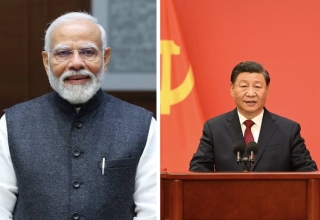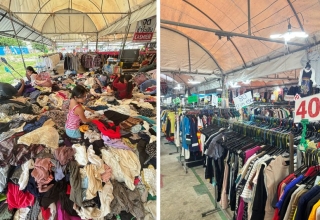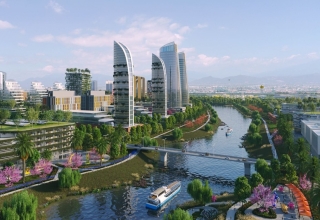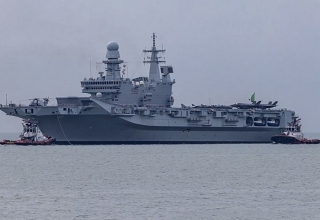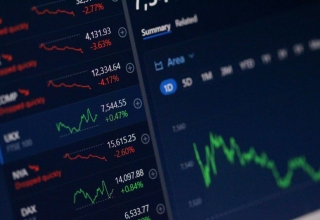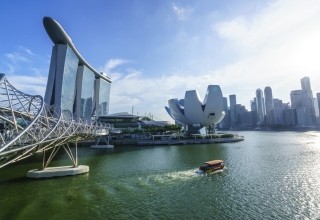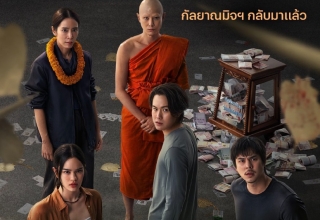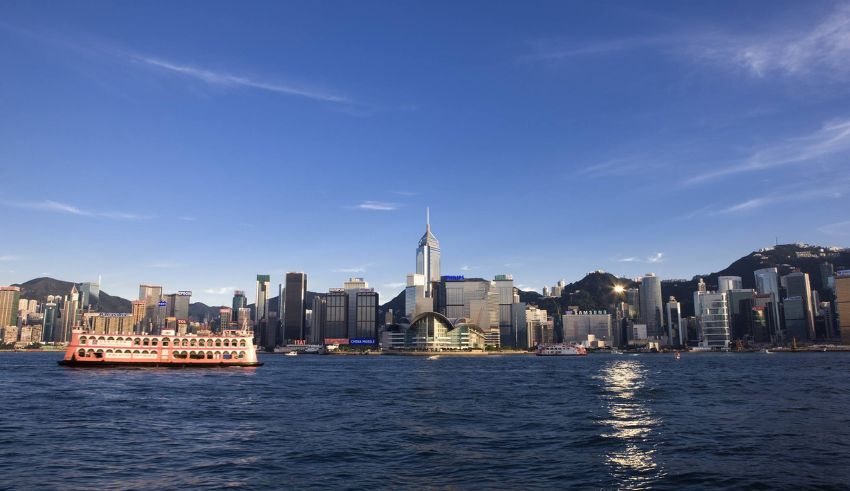
Released by the Hong Kong Journalists Association (HKJA) and the Hong Kong Public Opinion Research Institute (HKPORI), the most recent Press Freedom Index presents a dismal picture of the situation of media in Hong Kong. Once known for its active and rather free press, the city’s press freedom rating dropped to a record low of 25 on a zero to 100 scale, expressing great worries among reporters about the effect of broad national security regulations.
The worrisome trend in declining press freedom
Published yearly since 2013, the Press Freedom Index acts as a gauge for the media environment in Hong Kong. The grade of 25 this year, down 0.7 points from last year and shockingly 17 points since the start of the study, clearly shows the worsening situation journalists in the city find. More than 90% of the questioned reporters cited the passage of a new security statute in March—also known as Article 23—as a main cause seriously compromising press freedom.
The second of its type following Beijing’s 2020 National Security regulation, this regulation has increased the risks for reporters in Hong Kong. Targeting crimes like espionage and foreign influence, the laws create a broad net that has made reporters more wary of legal consequences in their work. Unquestionably, these regulations have a chilling effect on reporters negotiating a progressively hostile environment where prosecution threats are always present.
How Prominent Cases Affect Press Freedom
Press freedom in Hong Kong has suffered especially from the prosecution of media mogul Jimmy Lai, proprietor of the now-defunct Apple Daily, under the first national security statute. Cited by 94% of the respondents as extremely negative for the media environment, Lai’s case is a sobering reminder to fellow reporters about the possible repercussions of breaching government red lines. Once a stronghold of free press in the area, Apple Daily’s forced closing reflects the larger crackdown on dissent and independent journalism.
Apart from well-publicized convictions, the disappearance of Minnie Chan, a South China Morning Post reporter, in Beijing has heightened worries among the media fraternity. Award-winning journalist Chan has been inaccessible since visiting a security conference in Beijing last year. Concerned for her future, the HKJA has underlined the risks experienced by reporters covering delicate topics or working in authoritarian settings.
The Viewpoint of the Public: Different Perception
Fascinatingly, although reporters have assessed press freedom at an all-time low, public opinion of press freedom has stayed rather constant, scoring 42.2. This disparity could be explained by the public maybe not being as directly impacted by the new laws as journalists are. Another reason for the discrepancy in opinion could be the less heated public debate on Article 23 as contrasted to the frenzy around the 2020 National Security Law. Still, this consistency in popular opinion should not be confused with apathy. Since it reduces the availability of independent, reliable, and varied information, the degradation of press freedom finally affects everyone.
The wider consequences: a global issue
One should not see the degradation of press freedom in Hong Kong as isolated. It fits a larger worldwide trend whereby governments are progressively controlling the media. For media companies and reporters all around, the situation of Hong Kong serves as a warning story. Not only in Hong Kong but everywhere press freedom is under danger; the international community has to pay great attention and fight for its protection.
Another layer of worry is the recent sacking of HKJA’s newly elected chairman Selina Cheng by the Wall Street Journal based on her assumption of the new post. Although Dow Jones, the parent company of the Journal, has not spoken on Cheng’s situation, it emphasizes the unstable situation reporters find themselves in when they assume positions that question accepted wisdom.
Final Thought: An Action Call
The lowest press freedom score recorded in Hong Kong serves as a wake-up call for the international journalistic community as well as for supporters of free expression wherever. The consistent decline of press freedom in the city emphasizes the critical need of worldwide solidarity and support for reporters operating under progressively hostile circumstances. As one of Asia’s most significant media hubs keeps losing its press freedom, the world cannot afford to remain silent. Press freedom protection is not only a local concern but a worldwide one needing constant dedication and group effort.



